Get to know more of My Love for Fresh Ginger
Fresh ginger is one of the most versatile and delicious ingredients used in a variety of cuisines worldwide. This knobby, spicy root has not only earned a reputation for its unique and tangy flavor but also for its numerous health benefits. From aiding digestion to boosting the immune system, fresh ginger has been a go-to ingredient for natural healing for centuries.
In this article, we will explore the world of fresh ginger, from its history and varieties to its many culinary uses and home remedies. Whether you're an adventurous home cook or simply looking to improve your health, fresh ginger is a must-try ingredient that is sure to add a unique flavor and boost to your meals.
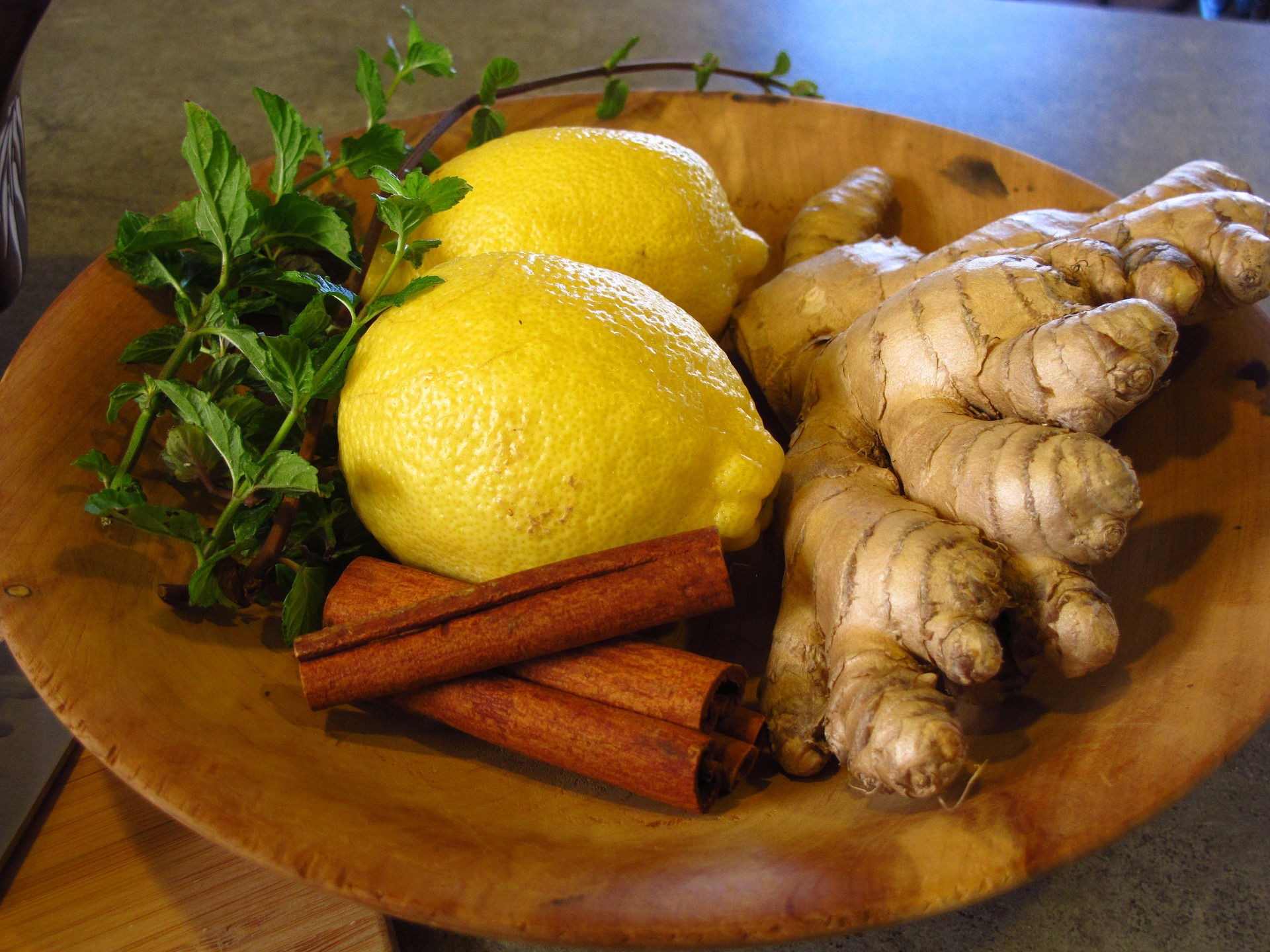
Introduction to Fresh Ginger
What is fresh ginger?
Fresh ginger is a popular spice that belongs to the Zingiberaceae family, which also includes turmeric and cardamom. It is a rhizome, which is an underground stem that grows horizontally and sprouts both roots and shoots. Fresh ginger has a thin, tan skin and a yellowish-white flesh with a pleasant fragrance and a mildly spicy taste.
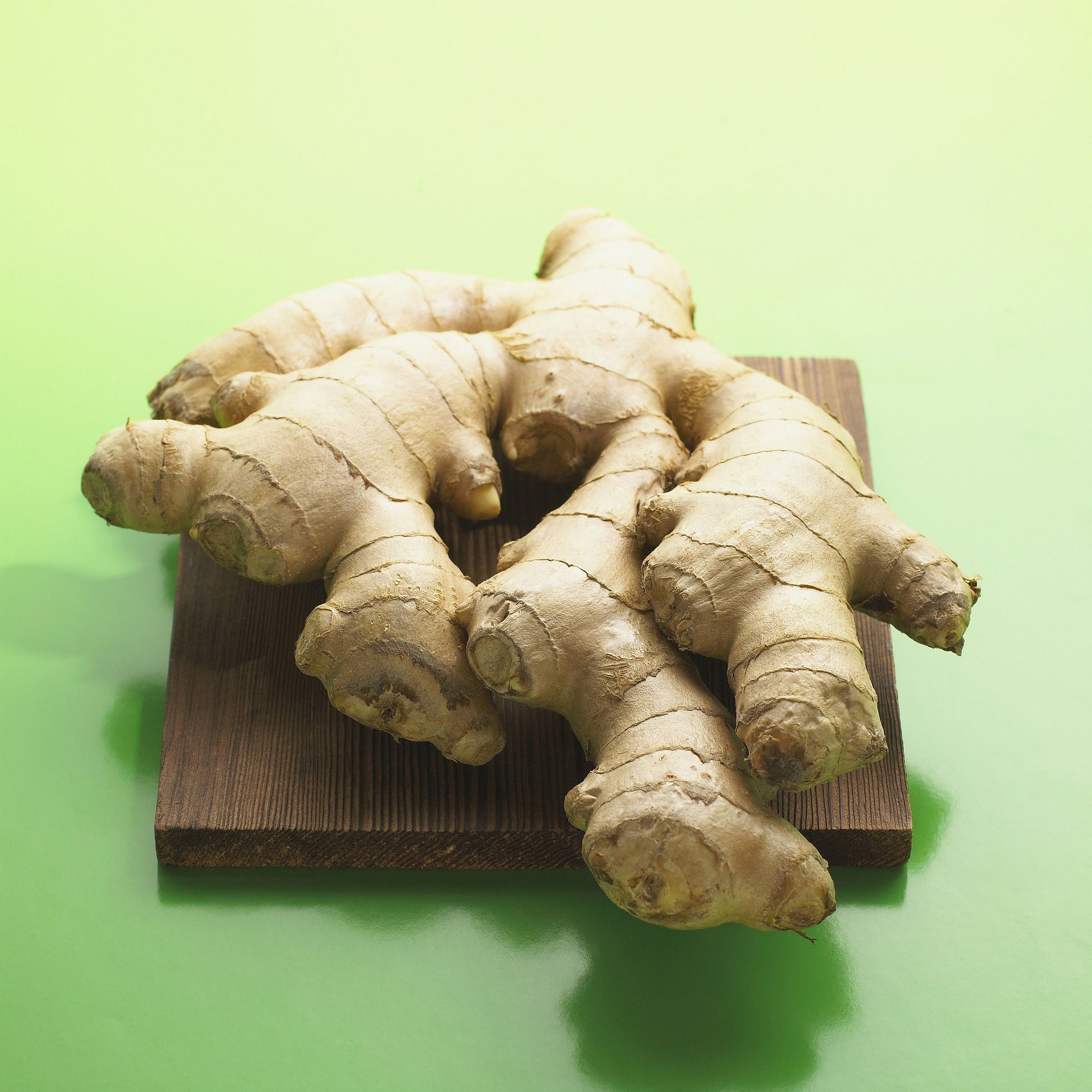
History of ginger
Ginger has been used for thousands of years in various cultures around the world for its medicinal and culinary properties. It originated in Southeast Asia, and then traveled to India, the Middle East, and Europe. Ginger was considered a luxury item in ancient times, and was often used as a currency.
How is fresh ginger grown and harvested?
Ginger is a tropical plant that thrives in warm and humid conditions. It prefers loamy soil with good drainage and partial shade. It takes about 8-10 months for ginger to grow and mature, and the rhizomes are ready for harvest when the leaves start to turn yellow. The rhizomes are dug up, cleaned, and dried in the sun or using a dehydrator before being sold.
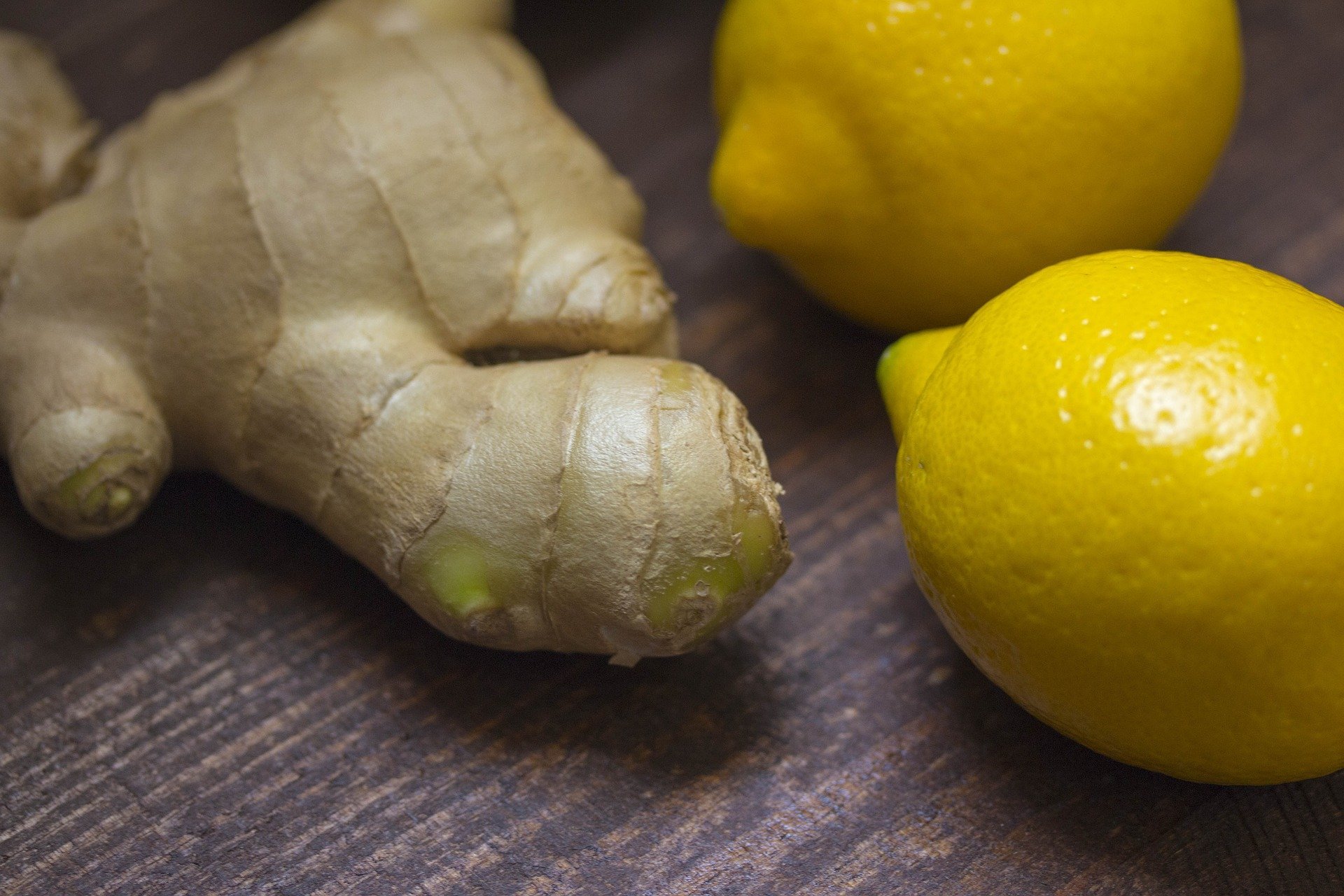
Health Benefits of Fresh Ginger
Anti-inflammatory properties of fresh ginger
Fresh ginger contains compounds called gingerols and shogaols that have anti-inflammatory properties and can help reduce pain and swelling. It is often recommended for people with arthritis, joint pain, and other inflammatory conditions.
How fresh ginger aids digestion
Fresh ginger has been used for centuries as a natural remedy for digestive issues such as nausea, bloating, and indigestion. It helps stimulate the production of digestive juices and enzymes, and has a soothing effect on the stomach.
Boosting the immune system with fresh ginger
Fresh ginger contains antioxidants and other compounds that can help strengthen the immune system and protect against infections. It is also a natural decongestant and can help alleviate cold and flu symptoms.

Culinary Uses for Fresh Ginger
Using fresh ginger in Asian cuisine
Fresh ginger is a staple ingredient in many Asian dishes, such as stir-fries, curries, and soups. It adds a fragrant and slightly spicy flavor to the dish, and can be used fresh, dried, or ground.
Adding fresh ginger to desserts and sweets
Fresh ginger can also be used in desserts and sweets, such as gingerbread and ginger snaps. It adds a warm and spicy flavor that pairs well with sweet ingredients like honey and molasses.
Using fresh ginger in marinades and dressings
Fresh ginger can be used to make flavorful marinades and dressings for meats, salads, and vegetables. It pairs well with citrus, soy sauce, and garlic to create a tasty and aromatic sauce.
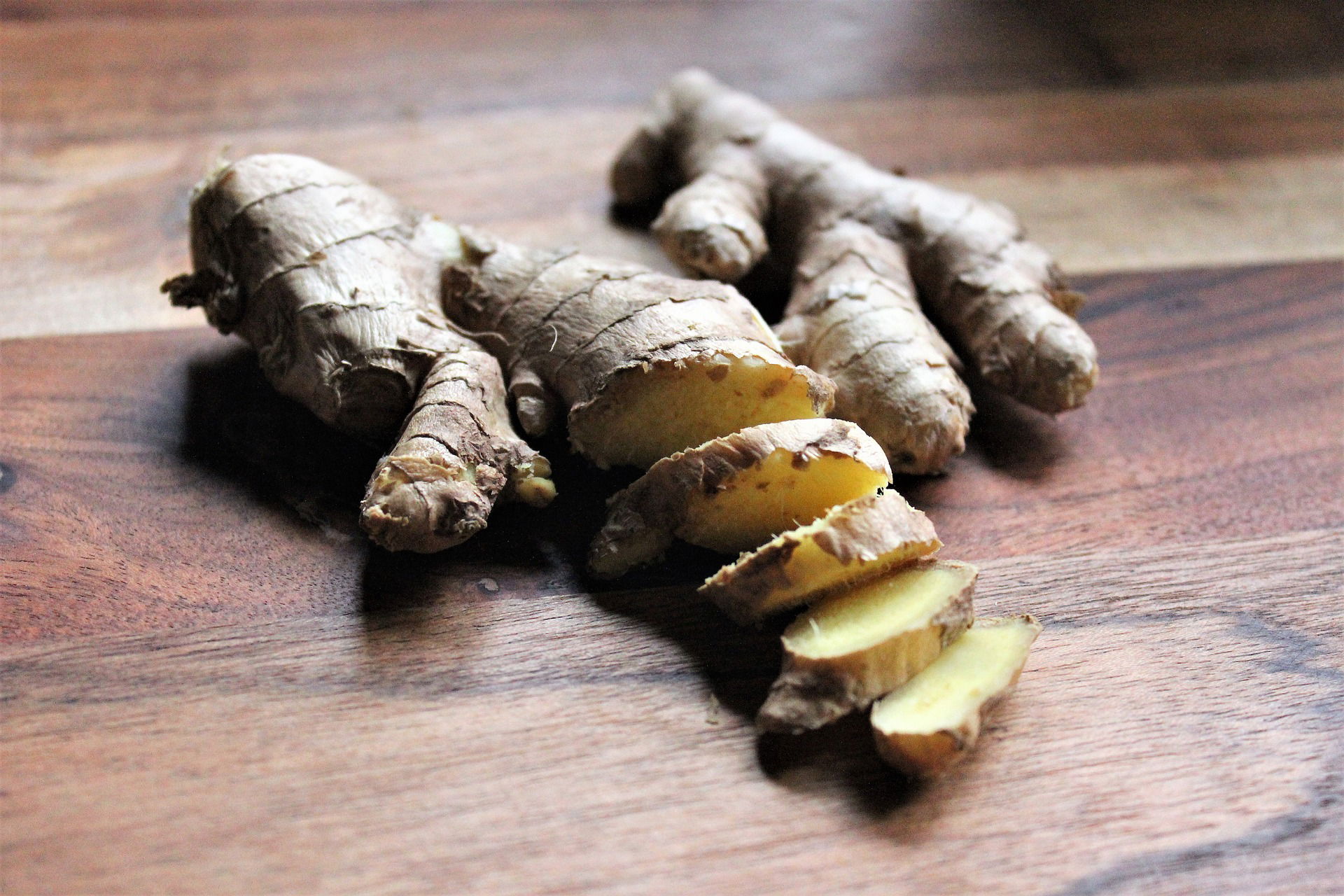
Incorporating Fresh Ginger into Your Daily Diet
How much fresh ginger to consume daily
It is safe to consume up to 4 grams of fresh ginger per day, which is equivalent to about 1 teaspoon of fresh ginger.
Ways to add fresh ginger to your meals
Fresh ginger can be grated, sliced, or minced and added to a variety of dishes, including soups, stews, casseroles, and stir-fries. It can also be brewed into tea or added to smoothies and juices for a refreshing drink.
Using fresh ginger in smoothies and juices
Fresh ginger can add a zing to your smoothies and juices. Simply blend fresh ginger with your favorite fruits and vegetables for a nutritious and delicious drink.

How to Store Fresh Ginger for Maximum Freshness
Best methods for storing fresh ginger:
Fresh ginger can be stored in various ways depending on how frequently you use it. If you use ginger frequently, it can be stored at room temperature or in the refrigerator. If you don’t use it often, it can be frozen for later use.
How to keep fresh ginger from spoiling too quickly:
To ensure that fresh ginger lasts as long as possible, store it properly. Keep ginger in a sealed container or a resealable bag in the refrigerator to prevent it from drying out. If stored outside the fridge, make sure it is kept away from direct sunlight and moisture.
Signs that fresh ginger has gone bad:
If your ginger has a moldy, slimy, or wrinkled look and has lost its firmness, it is likely spoiled. A strange odor is also a sign that ginger has gone bad.

Different Varieties of Fresh Ginger and How to Use Them
Types of fresh ginger available in the market:
There are several varieties of fresh ginger available in the market, including yellow ginger, blue ring ginger, white ginger, and baby ginger.
Flavor and texture differences between ginger varieties:
Each ginger variety has a distinctive flavor profile and texture. Yellow ginger is more pungent and spicy than white ginger which has a milder flavor. Baby ginger has a sweeter taste and is less fibrous than other varieties.
Best uses for different types of fresh ginger:
Yellow ginger is best for savory dishes like stir-fries and curries while white ginger is great for baking. Baby ginger makes a wonderful ingredient in salad dressings and cocktails.

Using Fresh Ginger in Natural Remedies and DIY Home Remedies
How fresh ginger can be used to treat common ailments:
Fresh ginger has been used for centuries as a natural remedy for various ailments. It can help with digestion, reduce inflammation, and relieve pain.
Creating homemade remedies using fresh ginger:
Homemade remedies using fresh ginger are easy to make and can be used to treat a variety of ailments. Ginger tea, for example, is a popular remedy for the common cold and helps relieve nausea and indigestion.
Using fresh ginger to make skin and hair care products at home:
Fresh ginger can also be used in DIY skin and hair care products. Ginger oil can help improve circulation and promote hair growth, while ginger-infused lotion can help soothe skin irritation and inflammation.
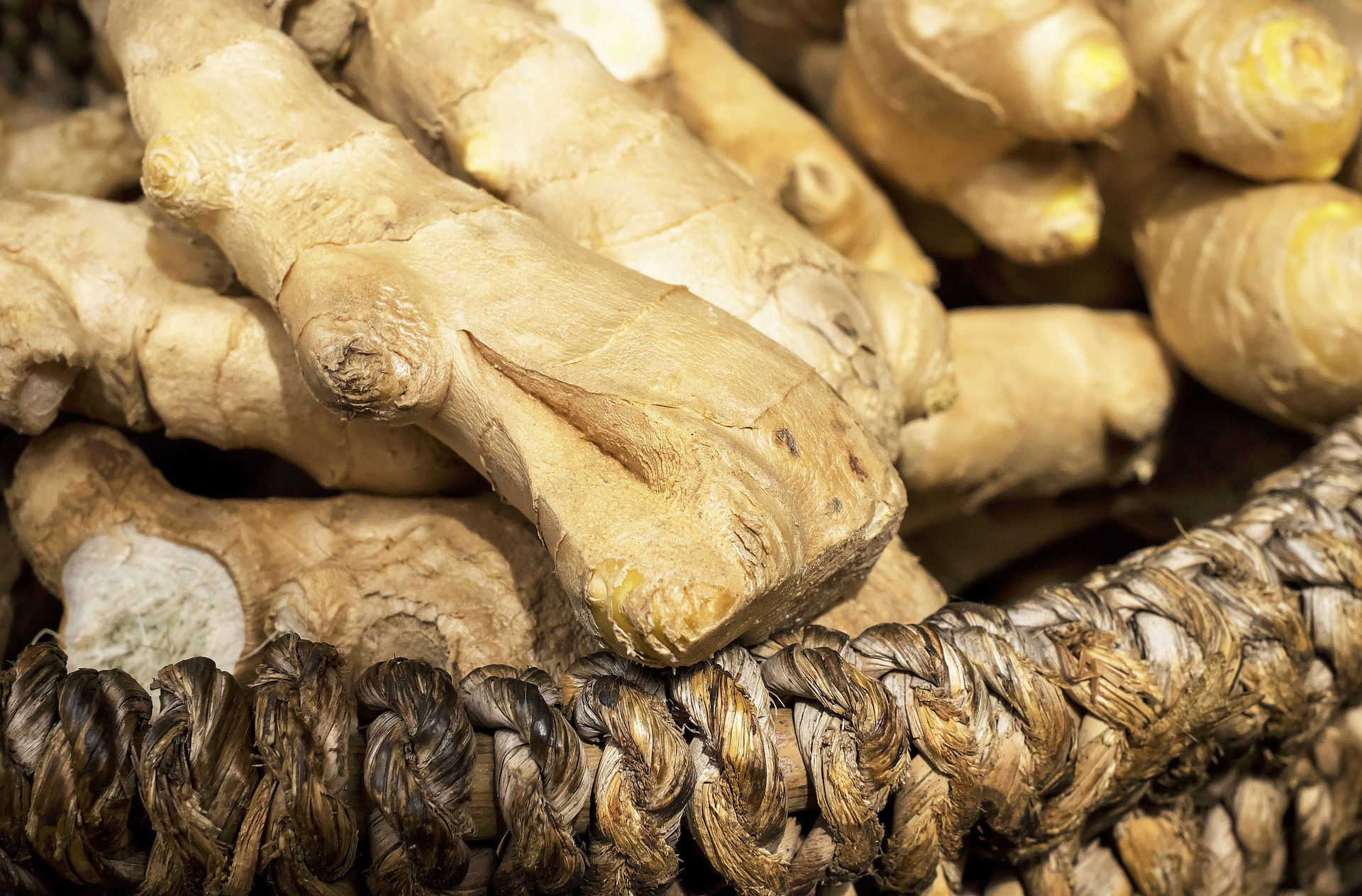
Delicious Fresh Ginger Recipes to Try at Home
Refreshing ginger tea recipe:
To make a refreshing ginger tea, simmer sliced fresh ginger in water for 10-15 minutes. Add honey and lemon juice for added sweetness and flavor.
Spicy ginger stir-fry recipe:
A spicy ginger stir-fry can be made with vegetables, protein of your choice, and a ginger-garlic sauce.
Ginger and honey glazed salmon recipe:
Marinate fresh salmon fillets in a mixture of fresh ginger, honey, soy sauce, and garlic before pan-searing or grilling it for a delicious and flavorful meal. In conclusion, fresh ginger is not only a flavorful ingredient that adds a unique taste to your meals but also a powerful natural remedy with numerous health benefits. Whether you're using it in cooking, brewing tea, or making homemade remedies, fresh ginger is a versatile and essential ingredient to keep on hand. So why not explore the many uses of fresh ginger and start adding this superfood to your daily diet and lifestyle today?

FAQ
How much fresh ginger should I consume daily?
The amount of fresh ginger you should consume daily depends on your health goals. However, 1-2 teaspoons of fresh ginger per day are sufficient to provide you with its many health benefits. You can add ginger to your meals, brew it into tea, or juice it for a quick boost.
Can I use powdered ginger instead of fresh ginger?
Yes, you can use powdered ginger instead of fresh ginger in most recipes. However, the flavor and texture of powdered ginger are different from fresh ginger, so you may need to adjust the recipe accordingly. Fresh ginger also has more health benefits than its powdered counterpart.
How do I know if fresh ginger has gone bad?
Fresh ginger can last up to three weeks in the fridge if stored properly. However, if it develops a moldy or slimy texture, or has a sour smell, it has gone bad and should not be used. Always check for signs of spoilage before using fresh ginger.
Can fresh ginger be used to treat nausea?
Yes, fresh ginger has been used for centuries to treat nausea and vomiting. It works by blocking certain signals in the brain that trigger these symptoms. You can brew ginger tea, chew on a piece of fresh ginger, or take ginger supplements to alleviate nausea.
